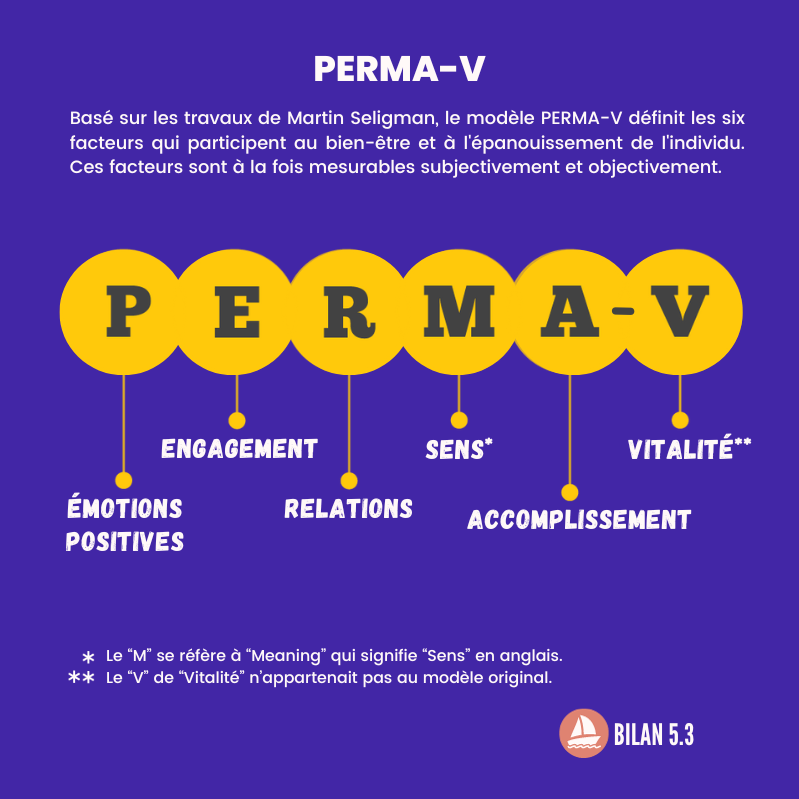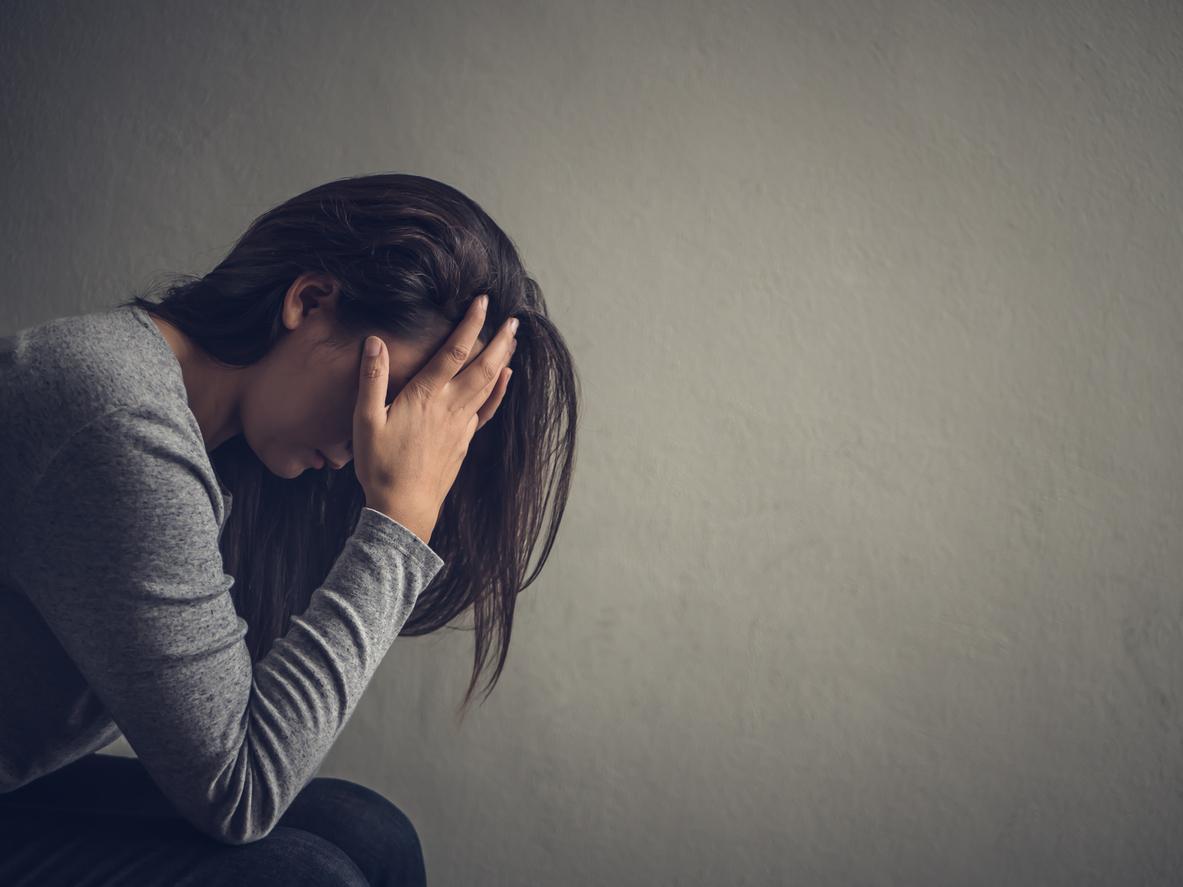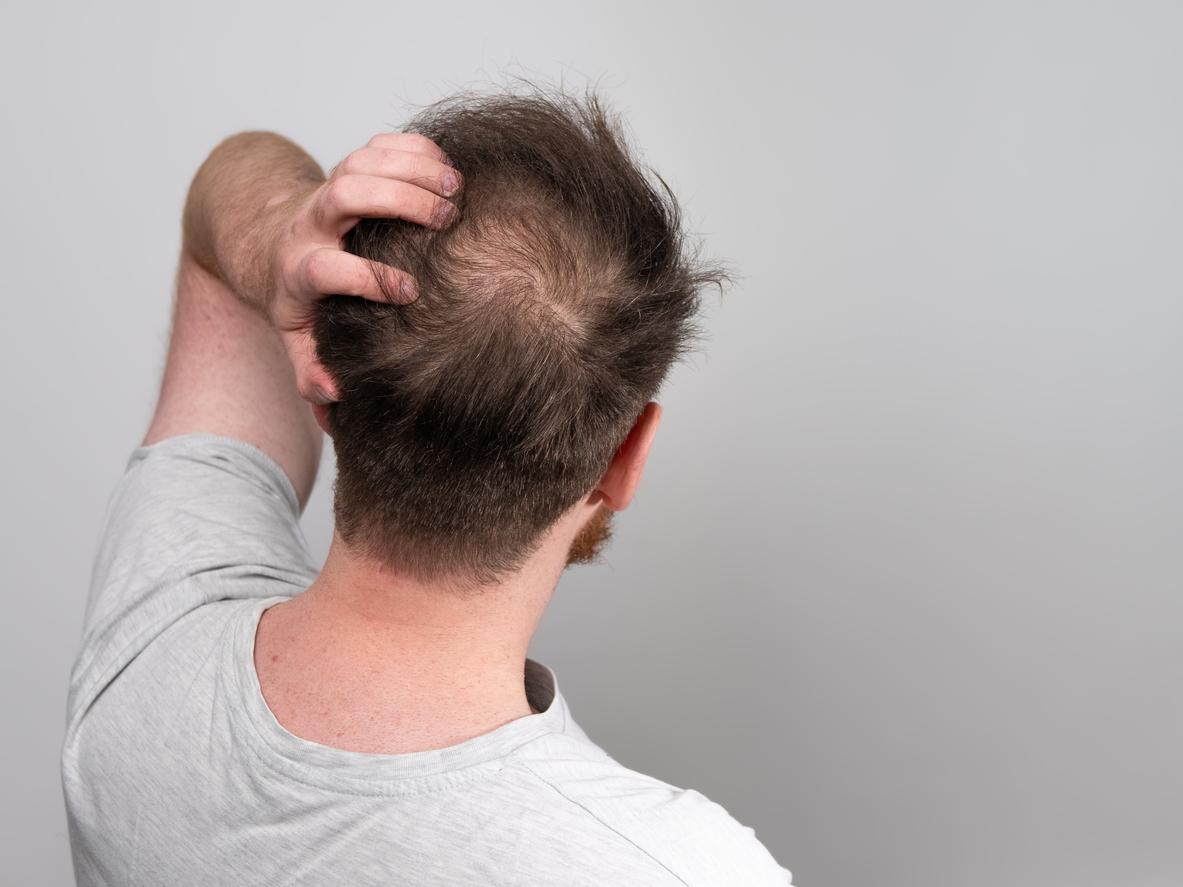In France, the High Authority for Health (HAS) estimates that 8% of adolescents between 12 and 18 years old suffer from depression. This disease (which is a psychiatric disorder recognized by the World Health Organization) is characterized by intense sadness: the person is unable to modulate their emotions, they have been “stuck in sadness mode” since (at least) 2 weeks.
Researchers at Ohio State University (in the United States) may have just discovered a new means of early detection of depression in adolescents: their hair.
It sounds crazy, but it’s scientific: American researchers (under the direction of Prof. Christopher Browning, professor of sociology) have highlighted a link between the level of cortisol contained in the hair of adolescents and their symptoms that can lead to a diagnosis of depression.
Known as the “stress hormone”, cortisol plays a role in the development of depression: an abnormally high level can have a neurotoxic effect, potentially responsible for disorganization and/or neuronal degeneration in the brain.
Teenage depression not always taken seriously
For this, the scientists worked with a group of 432 teenagers aged 11 to 17. They had to answer a questionnaire containing 9 questions, intended to assess their depressive symptoms. In parallel, the researchers analyzed the composition of 3 centimeters of their hair (from the root), a sufficient length to reflect the health of the volunteers over the past 3 months.
Results: The researchers discovered that an abnormally high level of cortisol in the hair could reflect a depressive state. More interestingly, an abnormally low level of cortisol in the hair could also testify to a mental disorder, such as depression.
“This discovery could allow earlier treatment of depression in adolescents, underlines Jodi Ford, main author of this study. Adolescents have, in fact, sometimes difficulty in describing their symptoms, which are not always taken seriously by the entourage.”
This work was published in the specialized journal Psychoneuroendocrinology.
Read also :
The effects of ketamine on the brain
New drug for postpartum depression approved in the United States
1 in 20 dads suffer from postpartum depression

















